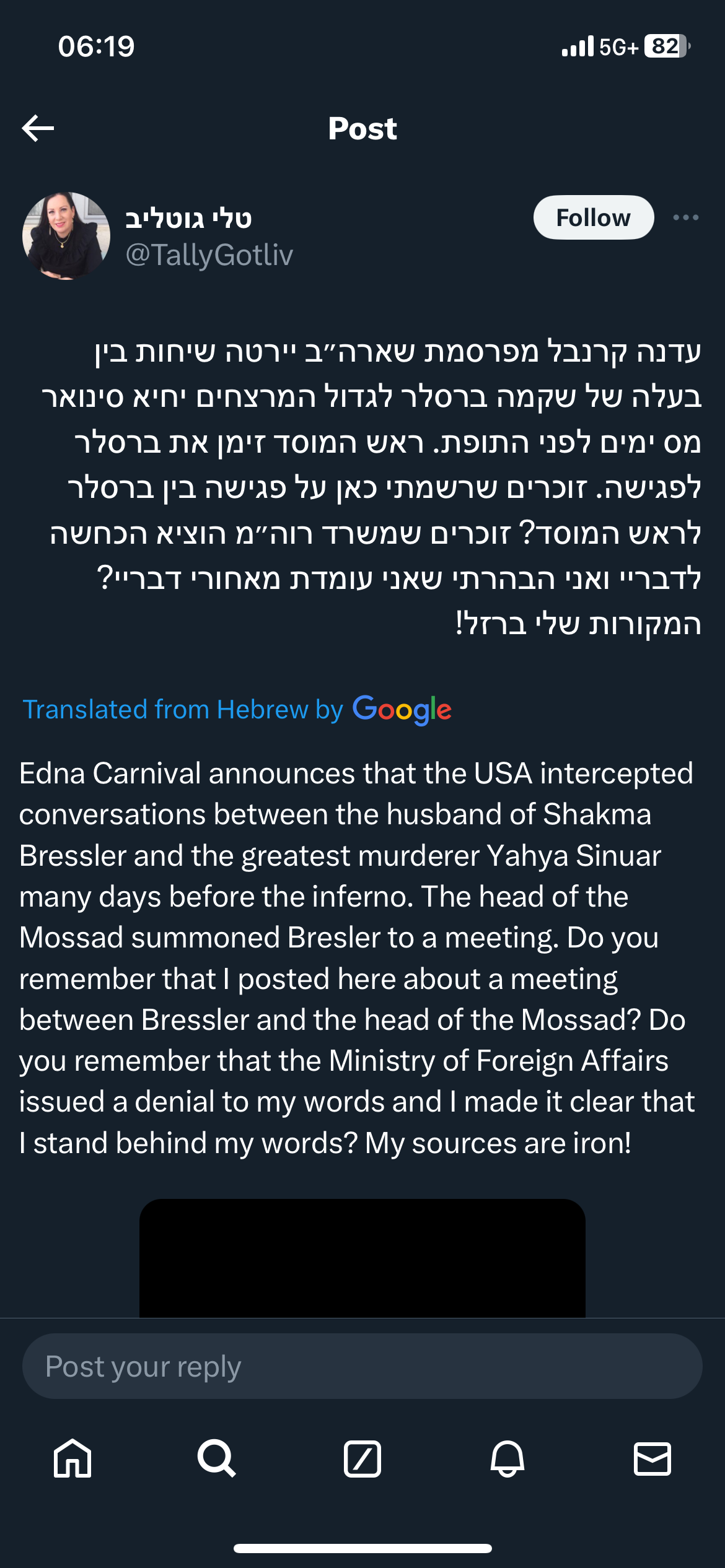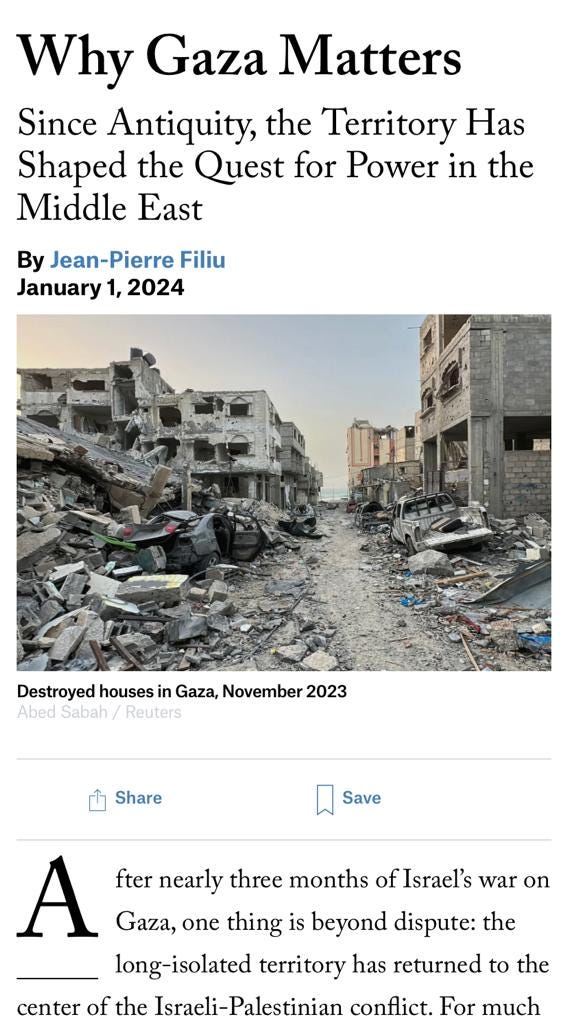Most political analysts in Israel believe that the Netanyahu era is nearing its end (I’m much less certain than most). As soon as the war is over, they say, or before the war ends if the conflict drags on, he is going to go.
Those analysts are supported by the most recent polls taken in Israel, which indicate that if elections were held now, the present coalition would be overwhelmingly voted out of office. (The question is what triggers elections …)
That may or may not happen. Today, our focus is not on whether there will be elections, when they might happen or who will win. We want to look at two MK’s who are part of the coalition and how they are reflecting (or not) on their role in the divisiveness that tore Israel apart last year and continued until the very moment that the Hamas slaughter began.
In the video above, MK Galit Distel-Atbaryan gives an interview to Channel 13, to which we have added English subtitles. Cynics responded by saying she was simply a rat on a sinking ship. Others were more charitable, and were willing to take her at face value and to believe that she genuinely regrets the role she played in the first nine months of 2023.
Among her best-known comments (or gaffes, depending on whom one asks), was a comment suggesting that Mizrahim did not need to be as vigilant as Ashkenazim in safeguarding the memory of the Holocaust, “because it was your families who burned.”
On a different occasion, Distel Atbaryan reportedly called Intelligence Minister Gila Gamliel “a retard” during a heated exchange. She was quoted as saying, “Bite me, you retard. No one in Likud likes you.” Last March, she said, “It wouldn’t surprise me if Channel 13 had a stopwatch counting down the time until [members of the coalition] get shot because that’s what they’re aiming for,” in an interview with Channel 14, which leans heavily to the right.
On a different occasion, Distel Atbaryan claimed that “German and Iranian money” was behind ongoing anti-government protests. Speaking the Army Radio network, she said that “funding from foreign nations and actors, most of whom are antisemitic, taking people out into the streets without them knowing that the money behind the protests ultimately comes from countries like Germany or Iran – that’s what’s on the [political] left.”
Germany was not happy.
As for those who participated in the anti-judicial reform protests, she demanded that the country “cancel the medical licenses” of all doctors who took part in a strike that had been called by the Histadrut, the county’s largest labor union.
And perhaps most notorious was her tweet in which she called pilots who refused to show up for training because of judicial reform “Not the salt of the earth. Not Zionists. Not the best of our boys. Not wonderful people. Not ‘the people of Israel.’” Instead, she said, they were “weaklings fallen by the wayside,” and said she despised “each and every one of them.”
That tweet didn’t age very well when just hours after the Hamas attack, those “weaklings fallen by the wayside” were in cockpits over Gaza, risking their lives to take out Hamas.
In any event, Galit Distel-Atbaryan is trying to walk back a year of reprehensible behavior—I, for one, am inclined to take her at face value, unless we find out that there was reason not to.
But politics is usually a team sport, and Galit Distel-Atbaryan was hardly alone in her “who can outdo Marjorie Taylor Greene” competition. One of her teammates was Tally Gotliv, who has apparently decided to take a different approach. She is doubling down.
Even after the war started and Israelis as a whole sought to repair the broken ties, Gotliv said that Supreme Court President Esther Hayut was to blame for a terrorist car-ramming attack. The Justice, said Gotliv, was responsible for “the chaos in Israel, and for destroying democracy and the rule of law.”
There’s a veritable treasure-trove of Tally Gotliv comments, but she got herself into even hotter water this week after she repeated allegations about collusion between the Mossad and Shikma Bressler, one of the heads of the protest movement (about whom we wrote extensively last year … you can search our archive for material on her).
Here is how the Times of Israel summarized matters:
In social media posts earlier Wednesday, MK Tally Gotliv repeated her unfounded claim from days before Hamas’s October 7 terror onslaught that Mossad head David Barnea met with Shikma Bressler, a leader of the protest movement against the government’s contentious judicial overhaul.
The claim was forcibly denied at the time by Mossad, which on Wednesday issued a fresh response to Gotliv.
“The head of the Mossad never met with, spoke to, or summoned Shikma Bressler,” the spy agency said in a statement released by the Prime Minister’s Office. “This is the second time that MK Gotliv is spreading baseless lies.”
“The Prime Minister’s office” is often a euphemism for the Mossad in Israel.
But that did not stop her. Relying on a website known for spreading rather nutty conspiracy theories, she tweeted this (which I post with Google’s very inelegant translation):
Netanyahu, who has tried very hard not to tussle with members of his increasingly fragile coalition, had no choice but to smack her down, several times. “Baseless,” he said, insisting that the Mossad and Bressler had never met and that Gotliv should stand down.
It’s not likely that she will.
The different approaches that members of Netanyahu’s coalition are taking with regard to what happened to this country between January and October of 2023 have obvious parallels in American politics today. But American politics are never our concern here; what does matter to us is what lies around the bend for Israelis and the Jewish state.
Israel is about to enter a period of intensive reckoning and self-reflection. Investigations of the army and government and their failures leading up to October 7 are already getting underway. Politics will soon be back full steam, and how participants in last year’s ugly struggles respond will tell us a great deal about what lies in store for an exhausted and angry society.
What is the path those responsible are going to take (and there is blame to share on the opposite side, too, of course)? Will they go down Gotliv lane, or will we see more interviews like the one above?
Whether 2024 ends up being any better for Israel than was 2023 depends to a great extent on the answer to that question.
We periodically share with our readers articles that have appeared online that we found interesting or helpful. This overview of the complicated history of Gaza was, I thought, fascinating. That does not mean I share every view in the article—it just means that I thought it was a very interesting read.
https://www.foreignaffairs.com/israel/why-gaza-matters




















"I was among those people who made the country weak, who hurt people."